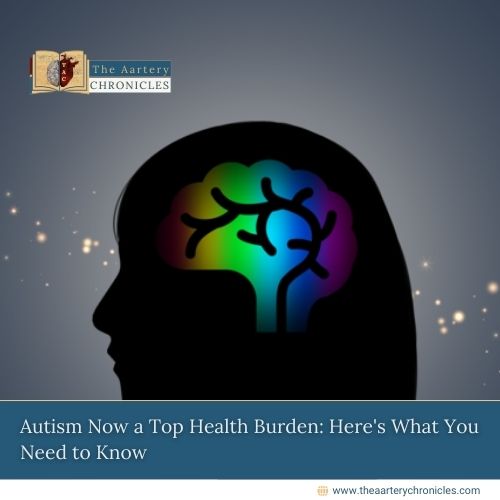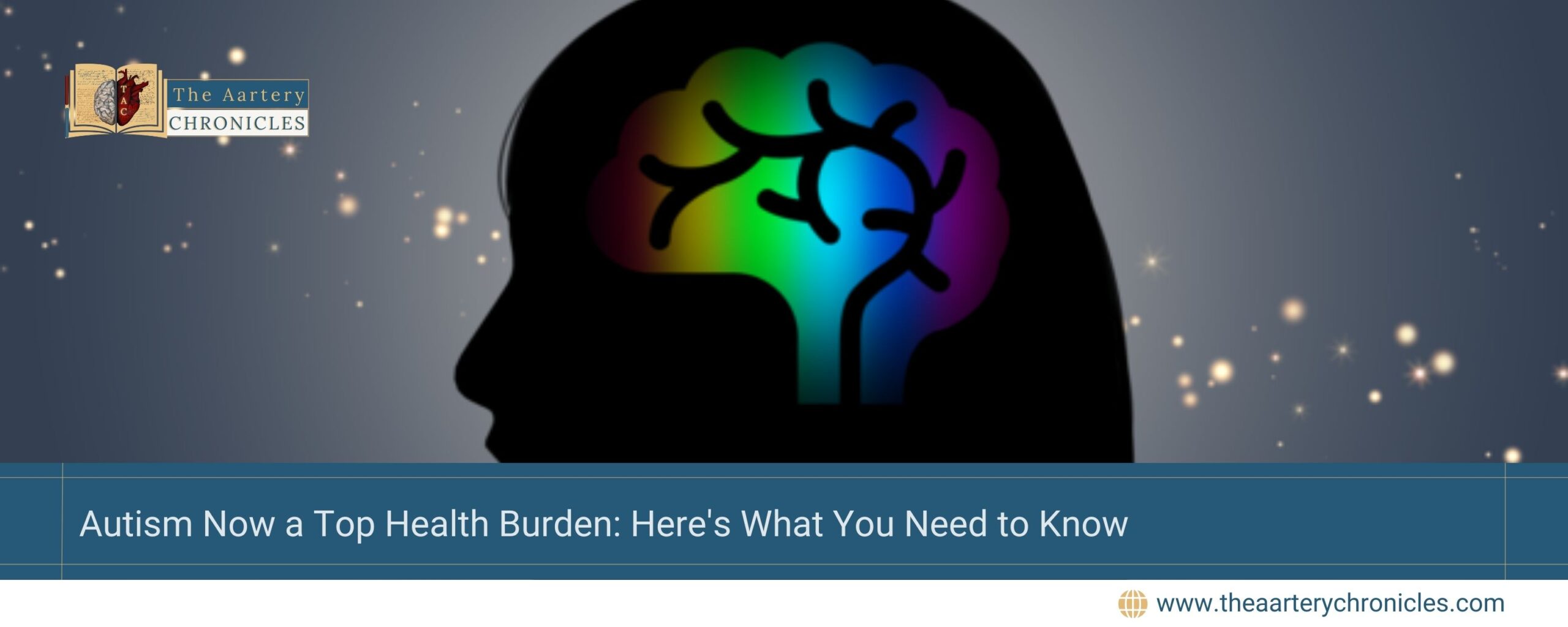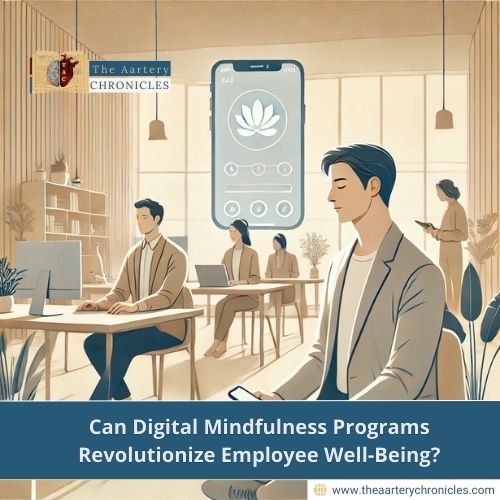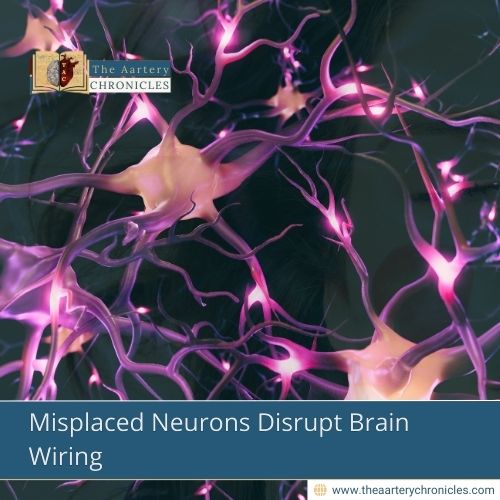

Autism Now a Top Health Burden: Here's What You Need to Know
Introduction
Autism Spectrum Disorder (ASD), a developmental condition impacting social communication, behaviour, and sensory processing, has been ranked among the top ten causes of non-fatal health burdens for individuals under 20 years old. A recent Global Burden of Diseases, Injuries, and Risk Factors (GBD) 2021 study published in The Lancet Psychiatry highlights that approximately 1 in every 127 people, or 61.8 million individuals globally, are estimated to be on the autism spectrum.
Autism in India: A Significant Share
India contributes notably to the global prevalence of autism. Dr. Archana Kadam, a developmental paediatrician at KEM Hospital, Pune, cites data from the Indian Journal of Paediatrics indicating that around 1.12 per 100 children aged 2 to 9 years—roughly 1 in every 68 children—are affected by autism.
Why This Study Matters
The findings emphasize the importance of early detection and intervention for managing autism spectrum disorder. The Indian Academy of Pediatrics (IAP) advises universal autism screening at 18 months and once more between 24 to 30 months. Early screening, especially when implemented through trained frontline workers using simple, validated tools, can help identify children needing further diagnostic evaluation and timely support.
Dr. Kadam remarked, “Screening and early intervention are critical for improving developmental outcomes. Early diagnosis improves communication, social skills, and behaviour in children, allowing many to integrate into mainstream education. Moreover, it reduces stress for families and helps children become more independent as they grow.”
Benefits of Early Diagnosis
Detecting autism early provides several long-term benefits:
- Improved Social and Cognitive Skills: Early intervention enhances communication and cognitive performance.
- Access to Support Services: Families can avail themselves of tailored educational and therapeutic services.
- Independence in Adulthood: Early intervention fosters skills that enable individuals to lead more independent lives.
Gaps in Understanding Autism Among Adults
While most studies focus on children and adolescents, there is limited research on how autism impacts adults. The Lancet report emphasizes that the burden of autism extends into adulthood, necessitating tailored support.
The paper suggests that individuals with autism could gain from life skills programs, employment training, and other support initiatives that encourage independence. However, further research is needed to identify effective services for autistic adults.
Moving Forward
This study underscores the need for widespread awareness and structured programs to support individuals with autism across all age groups. With early intervention and continued research, better health and social outcomes can be achieved for those on the autism spectrum.
For families and caregivers, timely screening and diagnosis can make a world of difference in ensuring a brighter future for individuals with autism.
Source: Inputs from various media Sources

Priya Bairagi
I’m a pharmacist with a strong background in health sciences. I hold a BSc from Delhi University and a pharmacy degree from PDM University. I write articles and daily health news while interviewing doctors to bring you the latest insights. In my free time, you’ll find me at the gym or lost in a sci-fi novel.








